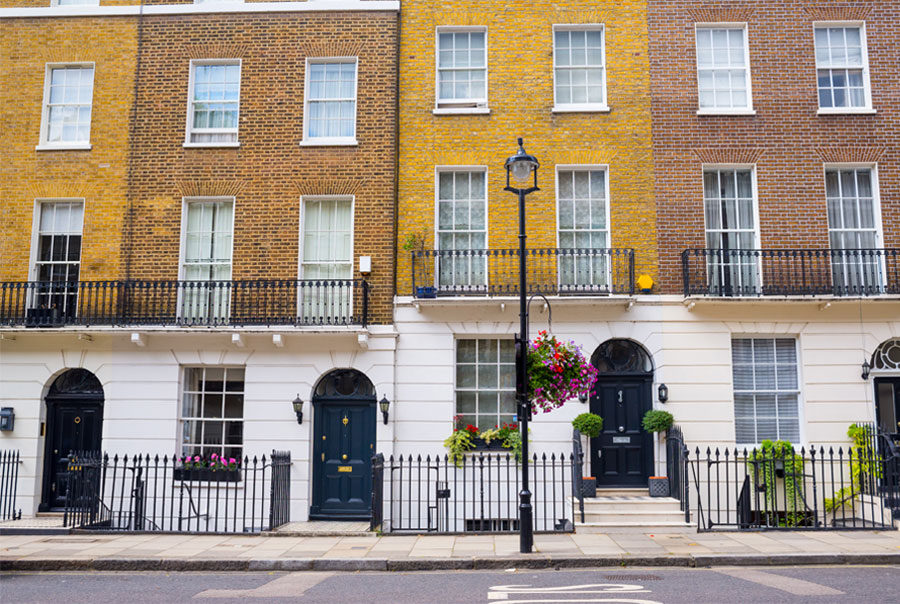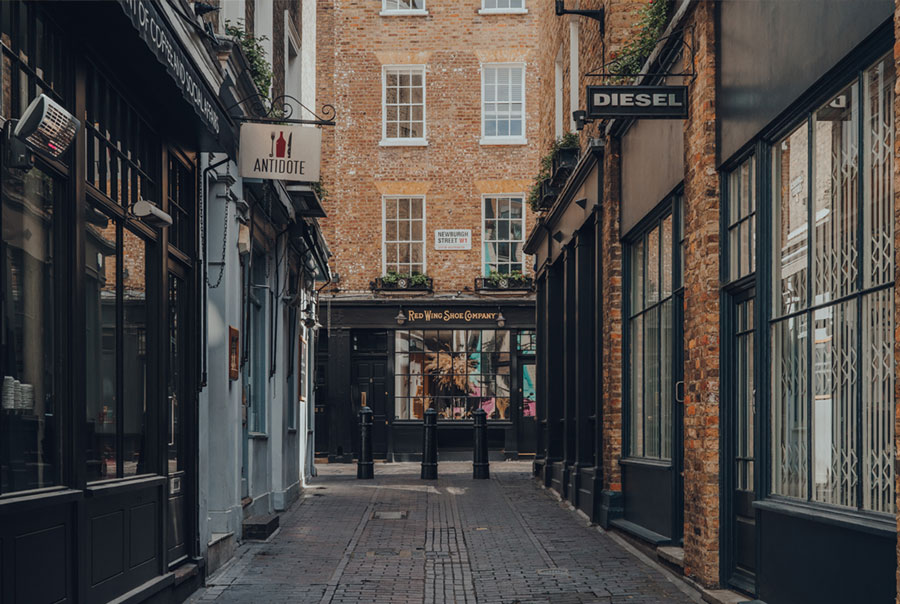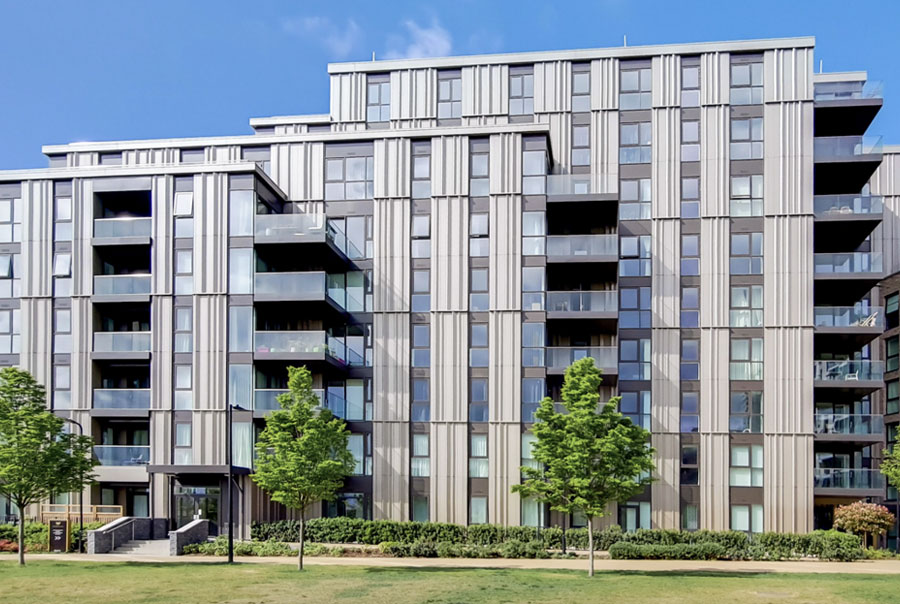
-
Property Search
- Sell
- Landlords
- Commercial
-
International
-
UK Desks
Asia Pacific Desk Middle Eastern Desk
Have a question?
We're here to help, contact us to discuss your property needs.
Contact us
-
-
Our Services
-
Residential
Looking to Sell Landlord looking to let New Homes UK Private Office Corporate Relocation Property Management Block Management
Supporting Services
Conveyancing Finance ResearchCommercial
Looking to Sell Landlord looking to let Healthcare Industrial Leisure Office Retail
Developer Services
Build to Rent Development Consultancy Land AgencyBook a Valuation
Book a valuation with one of our local experts to understand what your property could be worth.
Book a valuationHave a question?
Contact us
-
- Contact us

Our Fees
TENANT FEES
- Deposit for a long tenancy: Security deposits will be capped at five weeks' rent where the annual rent is less than £50,000 and six weeks' rent where the annual rent is £50,000 or more.
- Holding deposit for tenants is capped at 1 week's rent.
- Deposit for a short tenancy: 1 month's rent.
- Contract variation, novation, amendment, or change of occupant at the tenant's request within an existing tenancy: £50.
- Default fee of interest on late rent if rent is more than 14 days overdue: 3% above Bank of England base rate.
- Default fee for lost keys or other respective security devices: Actual cost of replacement.








